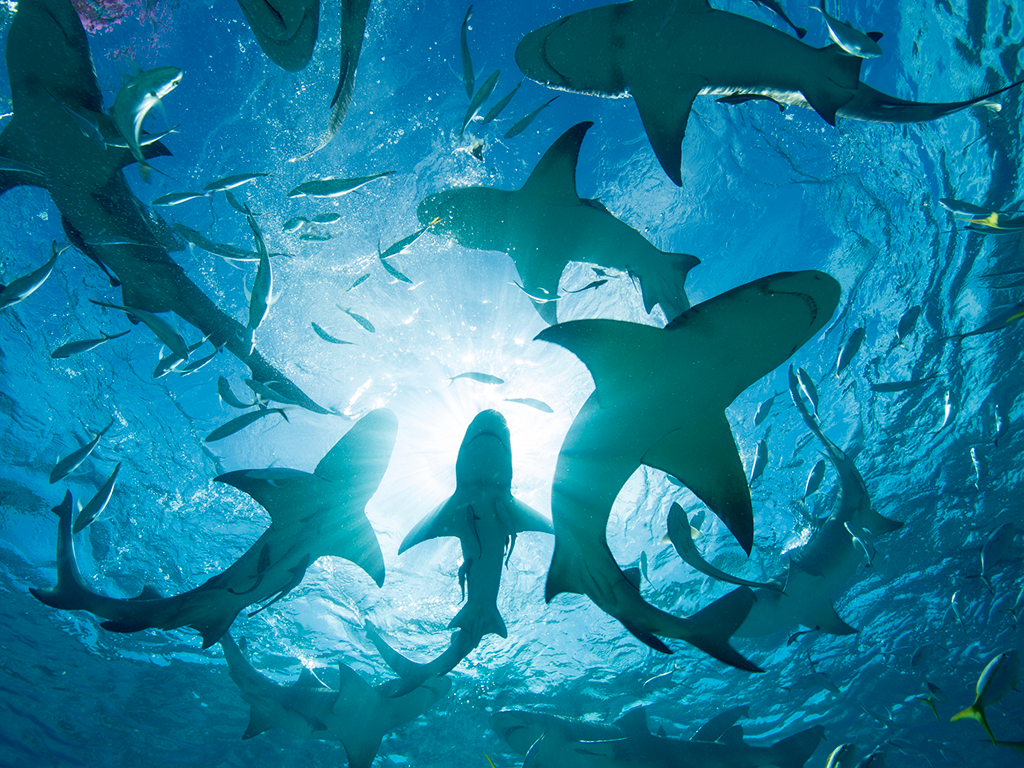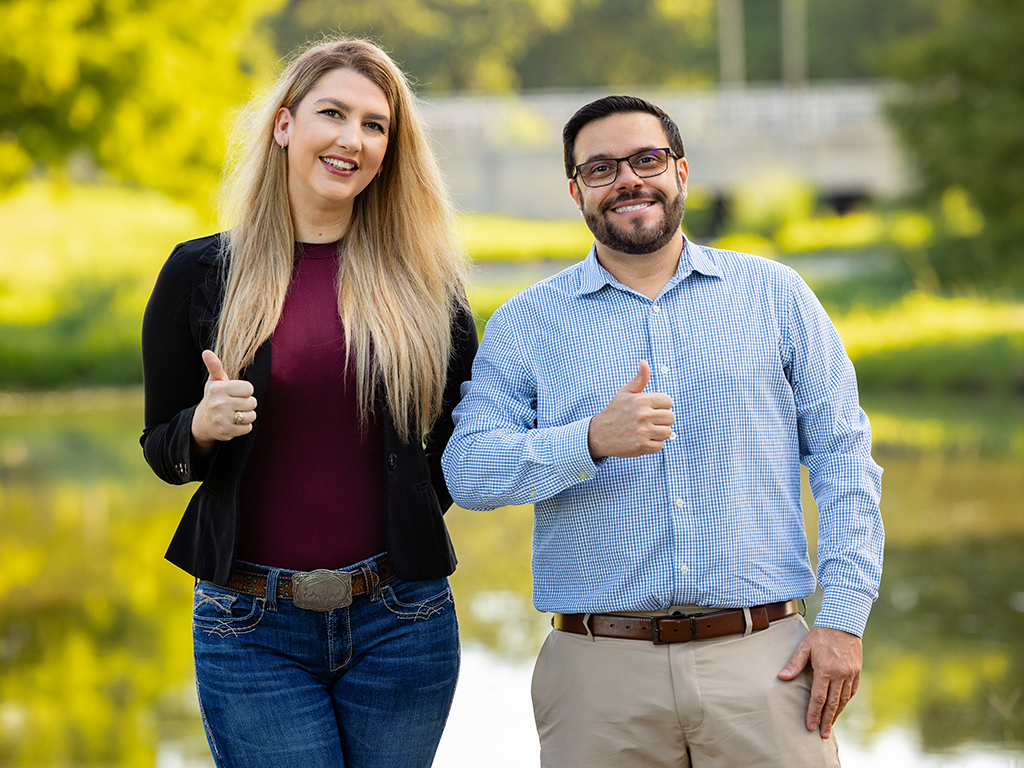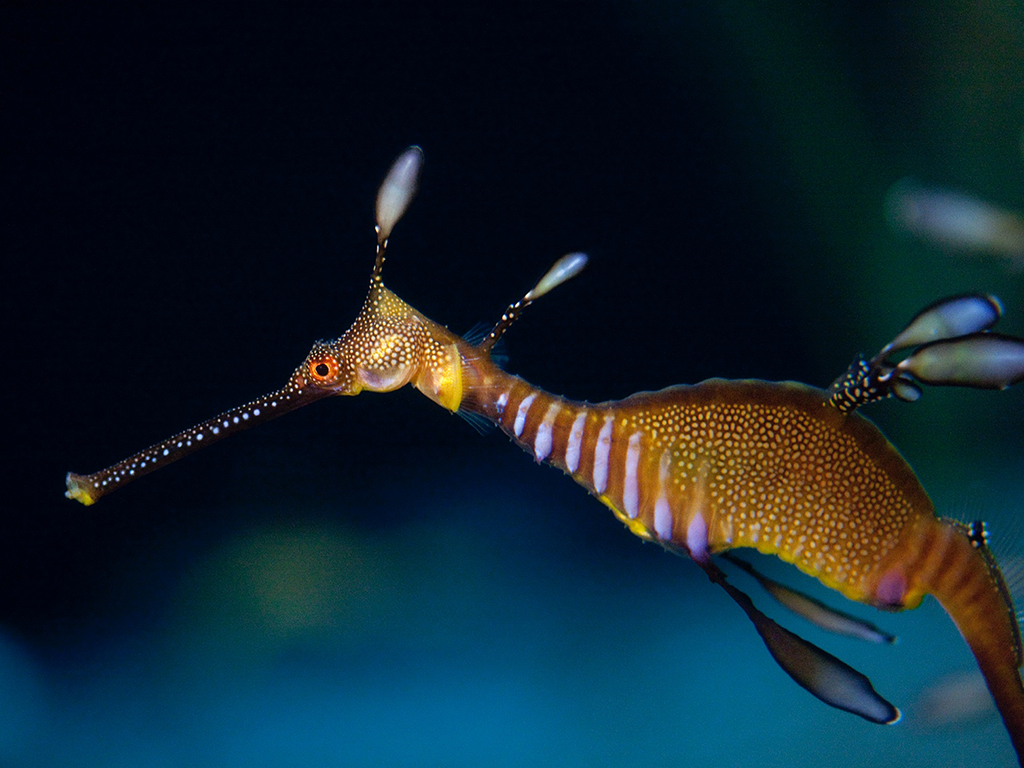Sharks, Immunity, & Medical Breakthroughs: AP Insights

Sharks have long held a prominent place in the cultural zeitgeist, as feared as they are revered. For more than 37 years, these creatures have been celebrated around the world thanks to the Discovery Channel’s popular Shark Week programming.
But beneath the surface, these ancient Chondrichthyes could be the key to unlocking breakthroughs in human health.
Dr. Mike Criscitiello, a professor at the Texas A&M College of Veterinary Medicine & Biomedical Sciences, researches the characteristics that make sharks evolutionary marvels, how their immune systems could unlock breakthroughs in human health, and explains why some popular shark myths need busting.
“Shark Week gives us a great opportunity to not only raise awareness about these species but also about their effect on biomedical research and our understanding of our immune system,” Criscitiello said.
Part of sharks’ success as apex predators is afforded by their immune system, which is what has allowed them to get so big, to live as long as they do, and to be relatively rare in being masters of their ocean domain.
“Really, sharks have not changed dramatically in their half a billion years of evolution,” Criscitiello said. “They’ve diversified into every little nook and cranny of salt water around the globe, but the ancestors of all the sharks that are alive today are descended from a shark that looks a whole lot like a mackerel shark — like a mako shark.”
Like sharks, humans are long-lived, produce relatively few offspring, and have a robust immune system that adapts, or “remembers,” when we encounter pathogens like viruses or bacteria.
“In a world full of pathogens that would like to exploit your resources, being able to remember that you’ve been challenged with that diarrheal virus or that cold strain or whatever gives you a great advantage, especially if you want to live past reproductive age and into your seventh, eighth, ninth decade,” Criscitiello said.
Because sharks’ and humans’ immune systems have the same basic components, including antibodies and T cells, scientists like Criscitiello are able to compare how our immune systems operate, look for key genetic differences, and then try to understand what kind of impact those differences make.
“Sharks are a terrific opportunity to see what is really fundamental in our immune system,” Criscitiello said. “What’s the easiest kill switch for stopping autoimmunity or advancing a cancer immunotherapy? What’s shared between us and sharks? Those are the druggable targets that we need to go after.
“They do have a few bells and whistles that are different and we exploit those special antibodies to engineer immunotherapeutics,” he said.
But, despite their significance, myths persist.
“There’s a decades-old myth that spins off of the idea that sharks don’t get cancer, which is not true,” Criscitiello said. “They have robust anti-cancer mechanisms from their immune system like us. They do get autoimmune disease. They do get cancer. They do get all sorts of pathogens like us, but they have a robust immune system to protect them from it.”
Because of that myth, another myth has evolved — one that can be dangerous to both humans and sharks.
“That shark cartilage will protect you from cancer or has some anti-cancer properties, that’s total bunk,” Criscitiello said. “That’s bad for cancer patients and bad for sharks and bad for everybody.”
Beyond their ability to help scientists understand life, longevity, and resilience, sharks are essential to ocean ecosystems.
“Sharks aren’t as dangerous as what we all think,” Criscitiello said. “They’re important. They serve a really critical place at the top of the food chain. When they get bumped away, they don’t easily recover like other species down below do. We need them in our oceans.”
###
For more information about the Texas A&M College of Veterinary Medicine & Biomedical Sciences, please visit our website at vetmed.tamu.edu or join us on Facebook, Instagram, and Twitter.
Contact Information: Jennifer Gauntt, Director of VMBS Communications, Texas A&M College of Veterinary Medicine & Biomedical Sciences, jgauntt@cvm.tamu.edu, 979-862-4216
You May Also Like








